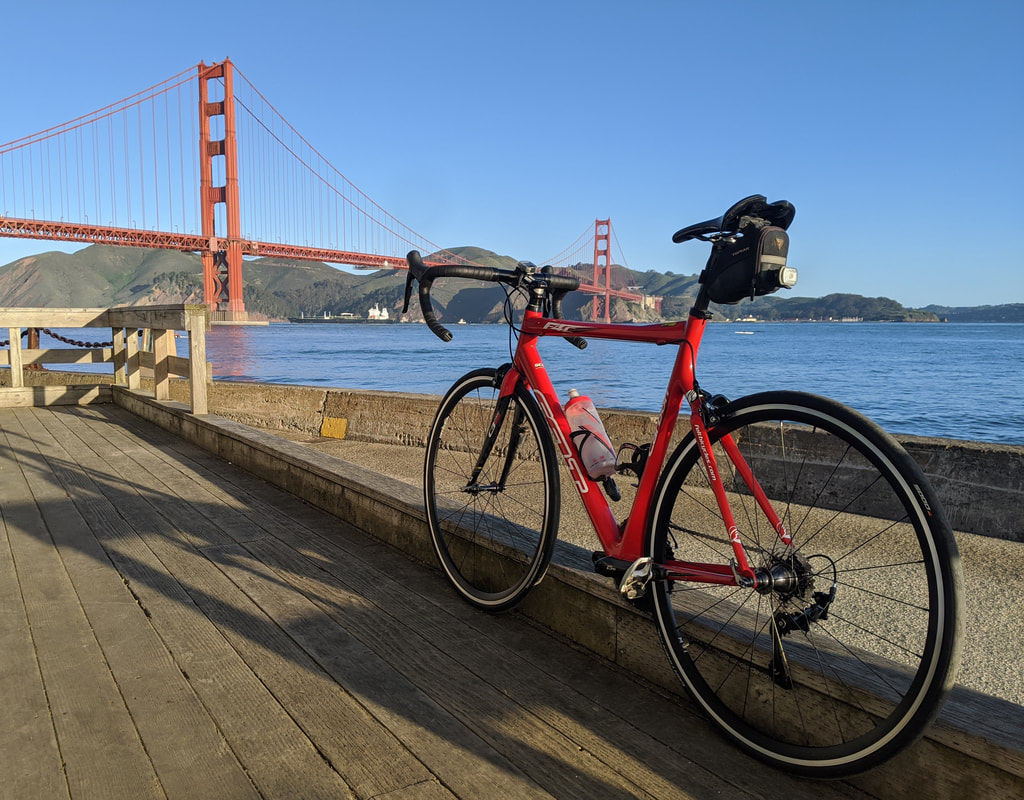I spent the summer of 2001 teaching English in Ukraine. In those days, the electricity and water would be turned off a few times a week without notice. Nobody knew why, or who was responsible, or how long it would last. Everyone had to keep buckets of water handy to flush the toilets when the government decided to turn off the utilities. “Why are they doing this?” I asked in some exasperation as we all came to class unshaven and unwashed on a waterless morning. “Is there really a water shortage and a power outage every other day?” Not at all, they told me. The government arbitrarily cuts off power and water to remind people who is in control. “They” are in control, and we were not to question “their” decisions. We lived in continual dependence on the government, which were in fact the old communist bosses: their titles had changed since the fall of the Soviet Union, I was told, but the same old people run the government.
I am reminded of post-Soviet Ukraine when, in San Francisco, without notice or explanation, a barricade closes a road or bikeway. One area is closed without explanation several times a week, and we cyclists have to get off the bike and walk around the barricades. I am reminded of the Soviet Union when it takes five years to repave Van Ness Avenue in downtown San Francisco, utterly dismissive of the traffic jams it causes. I am reminded of East Berlin when a bikeway that was paved three years ago, as smooth as glass, is “repaved” with such pockmarking and pitting as to be barely ridable. A few people are making a lot of money on these “construction” projects, a friend told me who recently left San Francisco’s Water Department. “The City’s Public Works Department,” he told me, “is utterly corrupt, but also untouchable, because of the vast amounts of money at stake.”
But power is more valuable than money. The powerful people in our wealthy cities do not want wealth as much as they want control. A year ago I wrote a letter to the Public Works Department asking why a perfectly good and smooth road through the Presidio was resurfaced so badly that the paver had to have been either drunk or high. A polite letter explained that Public Works does not oversee the Presidio: “Please express your concern to the Presidio Trust.” I expressed my concern to the Presidio Trust, who politely informed me that they were “looking into it.” Since then many more streets and bikeways in both Presidio and City have been “resurfaced” so badly that cyclists ride on them at their own risk. The game here is not money so much as power. Anonymous and arbitrary mandates continuously remind us who is in control.
The middle class is leaving our wealthy coastal cities. The poor, who are used to being told what to do by their betters, stay in the city, although they lament the crime, traffic, and poor services as much as anyone. The wealthy have their own luxury living arrangements, and they enjoy the conceit of being in control. Democracy is disappearing in San Francisco. And the feeling is that there is nothing we can do about it.
San Francisco will always be a beautiful city in which to live and ride. Even though it feels like the walls are closing in on us at times, little people like you and me will always find a way to survive, and a place to ride our bikes.



 RSS Feed
RSS Feed